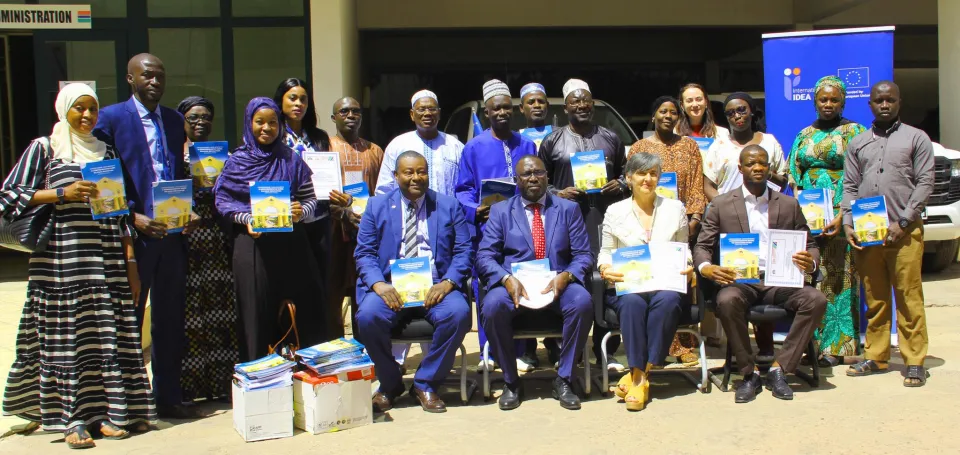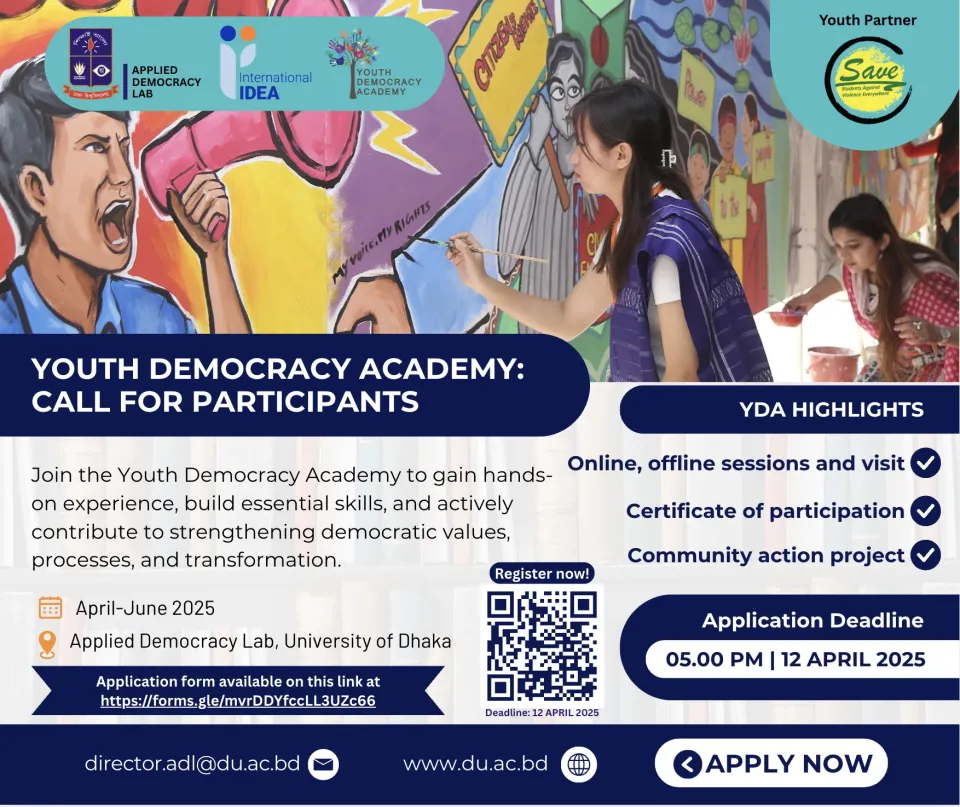Citizenship is critical to exercise and enjoy the rights and privileges granted by the state. Nepal is one of 27 countries in the world (including Libya, the United Arab Emirates, Qatar and Sudan) whose laws and/or practices prevent women from passing citizenship rights to their children.
Nepal’s Citizenship Act (2006) and Interim Constitution (2007) state that women can pass citizenship by virtue of descent to their children. However, currently government officials are not respecting these provisions even after a recent order issued by the Supreme Court demanding District Administration Offices grant citizenship in the mother’s name alone.
Even more troubling than the lack of adherence to the existing progressive legislation is the fact that they are in danger of being reversed by the Constituent Assembly’s (CA) draft provisions on citizenship for inclusion in Nepal’s new constitution which states that both mother AND father must be Nepali for a child to receive citizenship by descent. If the proposed provision is passed, Nepalese women, in the absence of their husband or married to a non-Nepali citizen, will not be able to pass citizenship to their children independently creating a growing group of statelessness youth without access to the rights and privileges to education, health care, among others.
Since 2008, IDEA has been actively supporting national efforts to include citizenship provisions based on equality in the new constitution and to ensure they are in line with the international obligations Nepal has signed up to. IDEA is known as a champion of equality in Nepal and is regularly called upon to collaborate and support citizenship initiatives with CA members, women’s interparty alliances around citizenship issue, national NGOs, Embassy of Norway in Katmandu and UN agencies.




